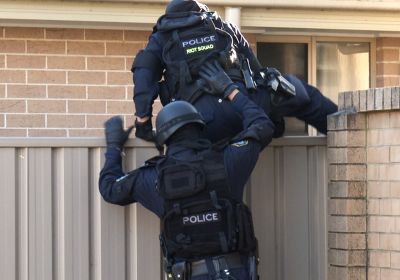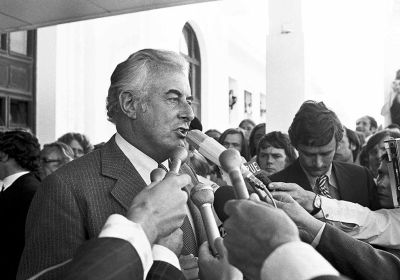
Eleven days before he was sacked, Prime Minister Gough Whitlam asked “whether any duly elected reformist government will be allowed to govern in the future?” Bevan Ramsden looks at the context of the dismissal.

Eleven days before he was sacked, Prime Minister Gough Whitlam asked “whether any duly elected reformist government will be allowed to govern in the future?” Bevan Ramsden looks at the context of the dismissal.
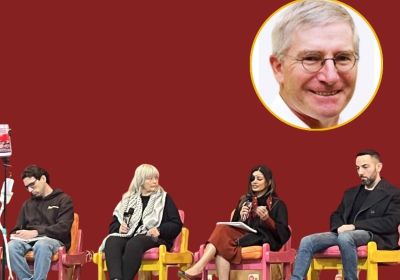
A Sydney cardiologist is being targeted by an anti-free speech campaign by conservative media outlets and the Zionist lobby. Pip Hinman reports.

ASIO has revealed that Indian spies are operating in Australia, undermining Labor's efforts to boost the region’s anti-China alliance. Binoy Kampmark reports.
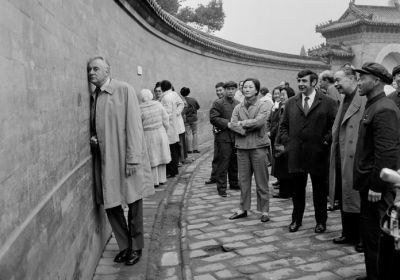
Bevan Ramsden asks whether federal Labor’s fears of another United States intervention in domestic politics, such under Gough Whitlam, underpins its enthusiastic acceptance of AUKUS?
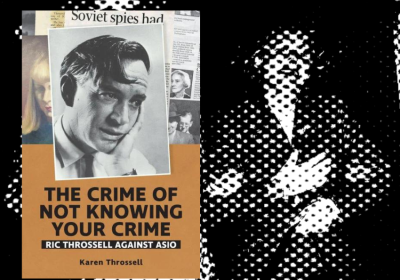
Maree Roberts reviews Karen Throssell’s book about her father’s persecution at the hands of Australian security services.

Melbourne-based labour historian, Phillip Deery recently launched Karen Throssell's book The Crime of Not Knowing Your Crime, about her father Ric Throssell's lifelong battle with ASIO to clear his name.
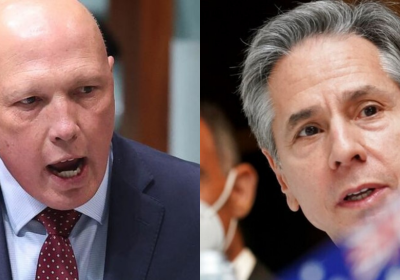
The propaganda war against China and Russia got a whole lot worse in the past week. The very real danger of war either in our region, or in Europe, was made abundantly clear, argues William Briggs.

Home affairs minister Peter Dutton is using the COVID-19 pandemic to push through amendments to security laws that will further erode people’s rights, argues Vivien Miley.
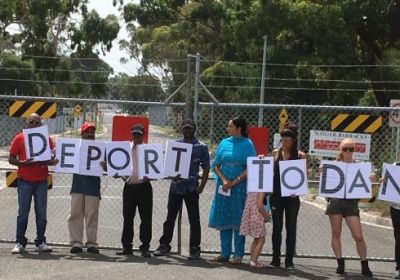
Sivaguru Navanitharasa, a Tamil refugee who fled Sri Lanka in 2008 and who has been detained for nearly 10 years, now faces a new challenge: overcoming cancer.
